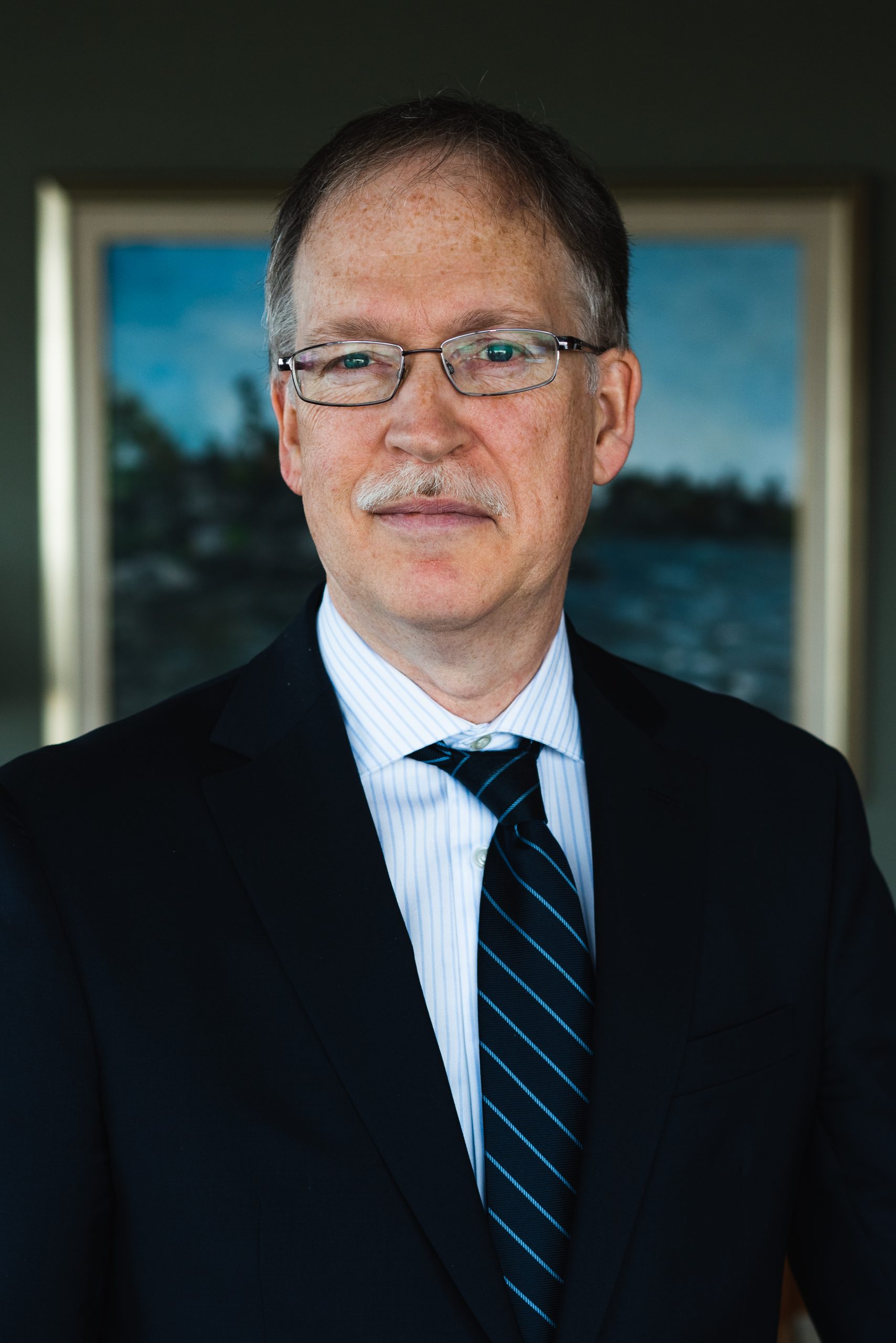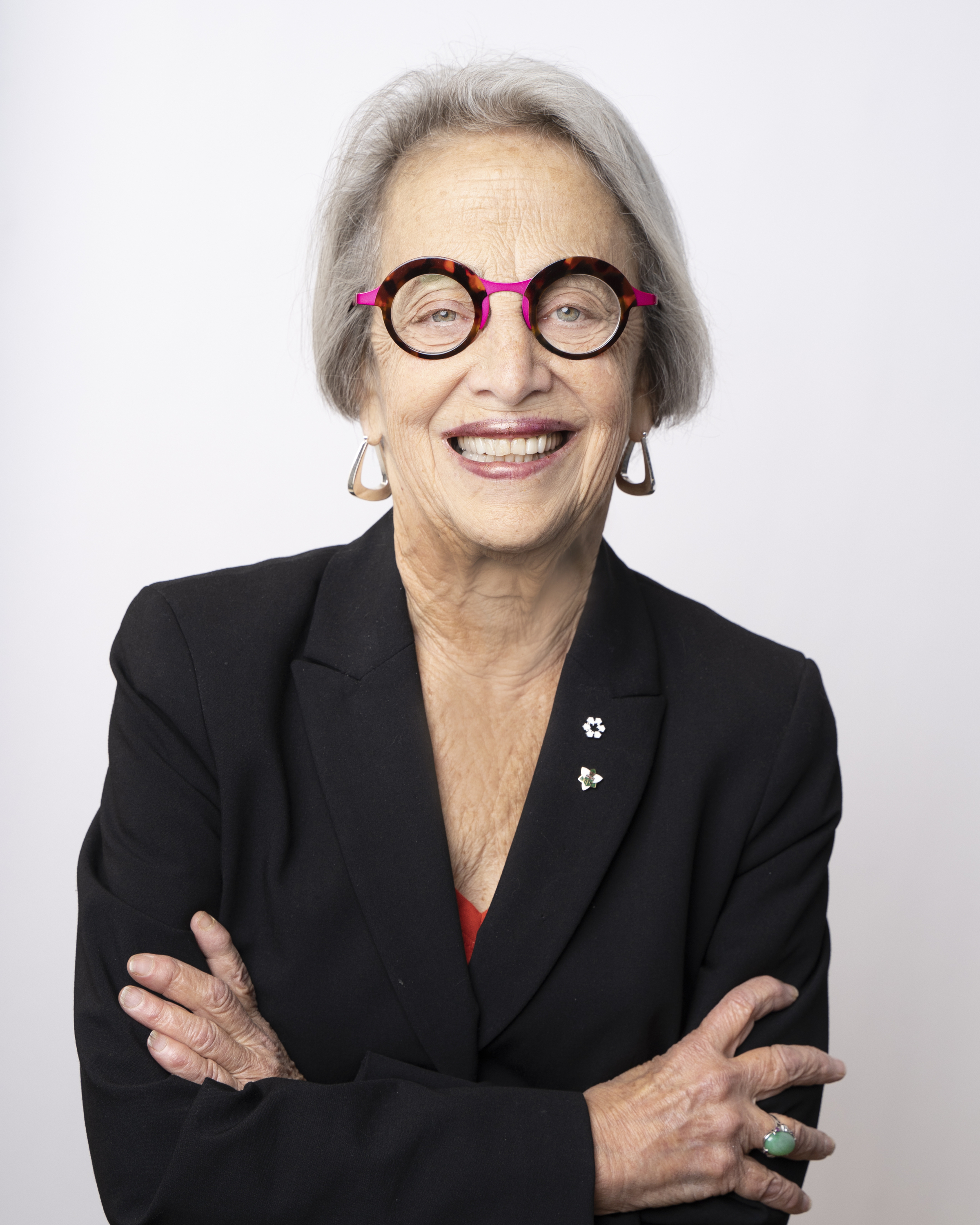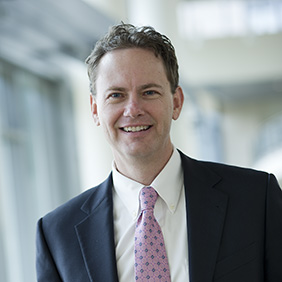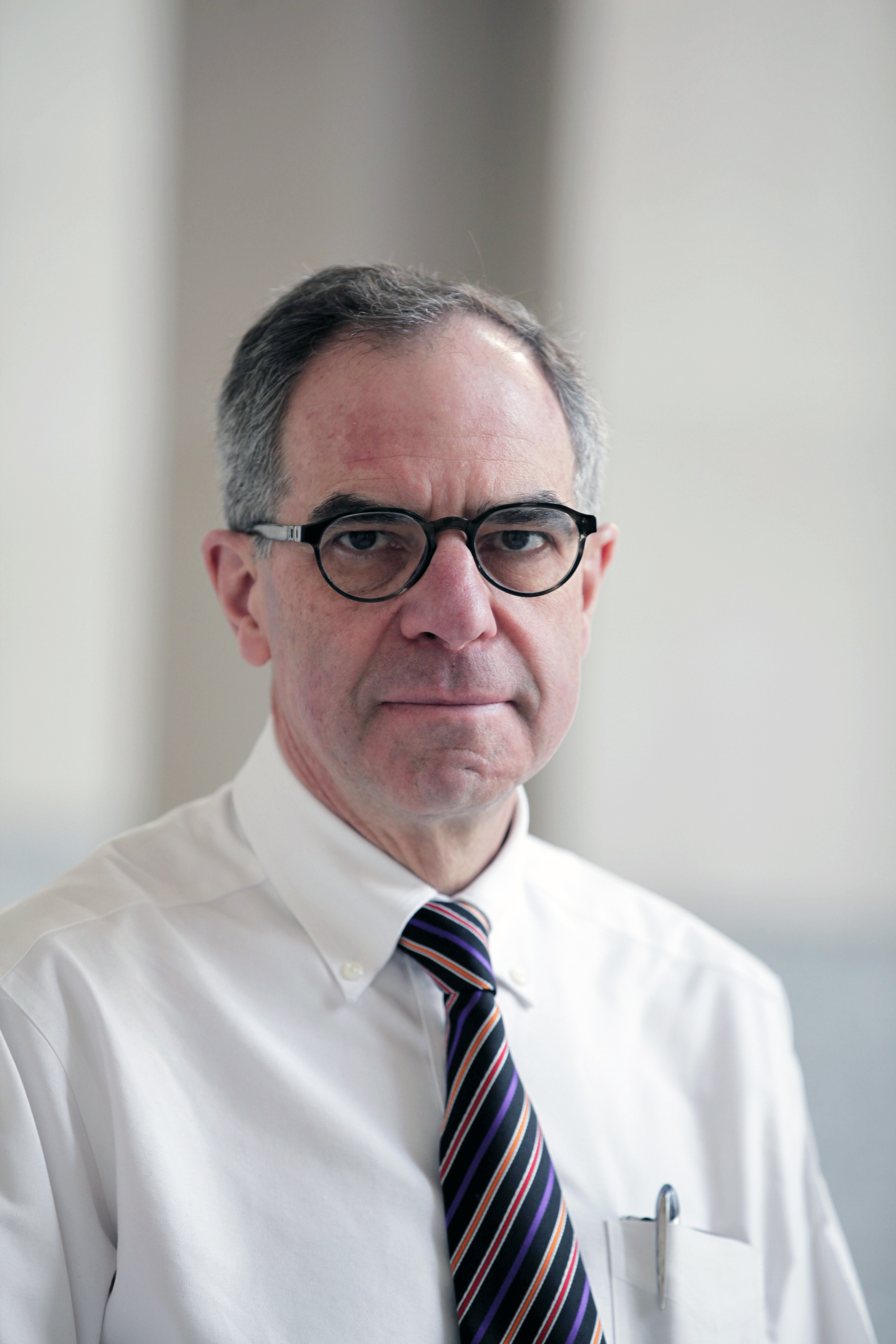
Expert international jury announced for the 2023 Lionel Gelber Prize
Book prize awarded annually to the best book on international affairs published in English
January 31, 2023 (Toronto and Washington) — Janice Gross Stein and Ian Shugart will co-chair the international jury for the 2023 Lionel Gelber Prize. The $50,000 prize is awarded to the best non-fiction book on international affairs published in English by the University of Toronto’s Munk School of Global Affairs & Public Policy.
This year’s jury features a group of leading experts on international affairs, including co-chairs Ian Shugart (Ottawa) and Janice Stein (Toronto), returning juror Francis J. Gavin (Washington), Rosa Brooks (Washington) and Luis Rubio (Mexico).
“For more than three decades, the Prize has highlighted some of the important non-fiction books on international affairs, and, in doing so, has deepened the debate on pressing global issues, from international security to global trade, the future of our digital world to the rise of authoritarianism,” said Judith Gelber, Chair of the Lionel Gelber Prize board. “We are delighted to have such an excellent group of jurors to decide this year’s prize.”
Key dates: The jury will announce its shortlist of five books on February 28, 2023, followed by the release of podcast interviews with the shortlisted authors. The winner will be revealed on April 4, 2023 and will take part in a live prize ceremony event.
About the Prize: The Lionel Gelber Prize is a literary award for the best non-fiction book on international affairs published in English. The prize was founded in 1989 in honour of celebrated Canadian diplomat Lionel Gelber. In 2023, the Prize value increased to $50,000 CAD to the winning book. The award is presented annually by the University of Toronto’s Munk School of Global Affairs & Public Policy.
For further information or to arrange an interview, please contact:
Lani Krantz, Communications & Media Relations Specialist at +1 (647) 407-4384 (text preferred).
About the 2023 Lionel Gelber Prize Jury

Ian Shugart, Jury Co-Chair (Ottawa) is regarded as one of Canada’s top public sector leaders with a career in government spanning over 40 years. In 2022, Ian Shugart joined the Munk School of Global Affairs & Public Policy at the University of Toronto as a Professor. In September 2022, he was appointed to the Senate and to the King’s Privy Council for Canada.
From 2019 to 2021, Mr. Shugart served as the 24th Clerk of the Privy Council and Secretary to the Cabinet. As Head of the Public Service, he was the principal link between the Prime Minister and the public service of Canada, and was responsible for the delivery of expert, professional, and non-partisan advice and service to the Prime Minister, Cabinet, and all Canadians.
Mr. Shugart holds a Bachelor of Arts (Honours) in Political Economy from Trinity College at the University of Toronto.

Janice Gross Stein, Jury Co-Chair (Toronto) is the Belzberg Professor of Conflict Management in the Department of Political Science and the Founding Director of the Munk School of Global Affairs & Public Policy at the University of Toronto. She is a Fellow of the Royal Society of Canada and a member of the Order of Canada and the Order of Ontario. She was the Massey Lecturer in 2001 and a Trudeau Fellow. She was awarded the Molson Prize by the Canada Council for an outstanding contribution by a social scientist to public debate and has received Honorary Doctorates of Laws from universities in Canada and abroad. She is also an Honorary Foreign Member of the American Academy of Arts and Sciences and a Senior Fellow of the Kissinger Center at SAIS at Johns Hopkins University. Her current research focuses on technology and public policy in the context of great power competition. Last year, she co-chaired the National Advisory Committee on Canada’s Indo-Pacific Strategy for the Minister of Global Affairs.

Francis J. Gavin (Washington, DC) is the Giovanni Agnelli Distinguished Professor and the inaugural director of the Henry A. Kissinger Center for Global Affairs at SAIS-Johns Hopkins University. In 2013, Gavin was appointed the first Frank Stanton Chair in Nuclear Security Policy Studies and Professor of Political Science at MIT. Before joining MIT, he was the Tom Slick Professor of International Affairs and the Director of the Robert S. Strauss Center for
International Security and Law at the University of Texas. Gavin is the Chairman of the Board of Editors of the Texas National Security Review. His writings include Gold, Dollars, and Power: The Politics of International Monetary Relations, 1958-1971 and Nuclear Statecraft: History and Strategy in America’s Atomic Age. His latest book, Nuclear Weapons and American Grand Strategy, was published by Brookings Institution Press in 2020.

Rosa Brooks (Washington, D.C.) Rosa Brooks holds the Scott K. Ginsburg Chair in Law and Policy at Georgetown University Law Center, where she has been a tenured professor since 2006. She is also Georgetown Law’s Associate Dean for Centers and Institutes and co-director of Georgetown’s Center on Innovations in Public Safety.
Brooks’ other roles include Adjunct Senior Scholar at West Point’s Modern War Institute, ASU Future of War Senior Fellow at New America and co-founder of the Leadership Council for Women in National Security (LCWINS). From 2009-2011, Brooks served as Counselor to the Under Secretary of Defense for Policy. In July 2011, she received the Secretary of Defense Medal for Outstanding Public Service. She previously served as Senior Advisor to the Assistant Secretary of State for Democracy, Human Rights and Labor.
Brooks is the author of How Everything Became War and the Military Became Everything (Simon & Schuster, 2016), which was a New York Times Notable Book of 2016. It was shortlisted for the Lionel Gelber Prize and named one of the five best non-fiction books of the year by The Military Times and the Council on Foreign Relations. Her most recent book is Tangled Up in Blue: Policing the American City (Penguin Random House, 2021). Her articles and essays have appeared in The New York Times, The Washington Post, The Atlantic and The Wall Street Journal, The Los Angeles Times and Foreign Policy. She is a co-founder of Deep State Radio, a weekly podcast on foreign policy, and she currently serves on the board of the Harper’s Magazine Foundation.
Brooks earned her bachelor’s degree in History and Literature at Harvard, followed by a master’s degree in Social Anthropology at Oxford, where she was a Marshall Scholar. She received her JD from Yale Law School.

Luis Rubio (Mexico) is chairman of CIDAC (Center of Research for Development), an independent research institution devoted to the study of economic and political policy issues. He is a prolific writer on political, economic and international subjects. During the 1970s he was planning director for Citibank in Mexico and served as an adviser to Mexico's Secretary of the Treasury. He has held a board of director position with The Human Rights Commission of the Federal District, is member of the Trilateral Commission and a Global Fellow at the Wilson Center in Washington.
Rubio writes a weekly column for Reforma and his opinions and analyses often appear in major newspapers such as The Washington Post, The Wall Street Journal, and The Los Angeles Times. He has won the APRA award (include year), the Dag Hammarskjöld Award (1993) and the National Journalism Award (1998) for his opinion writing. He is the author and editor of forty-eight books, including Mexico's Dilemma: The Political Origins of Economic Crisis. His latest book, published by the Wilson Center, is A Mexican Utopia: The Rule of Law is Possible. He holds a diploma in Financial Management and an MA and PhD in political science from Brandeis University.

